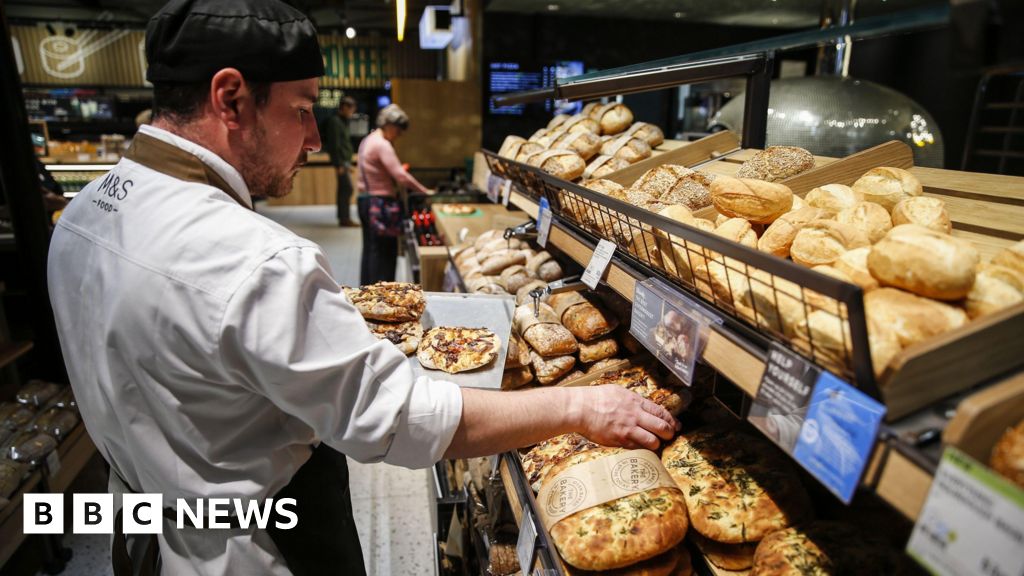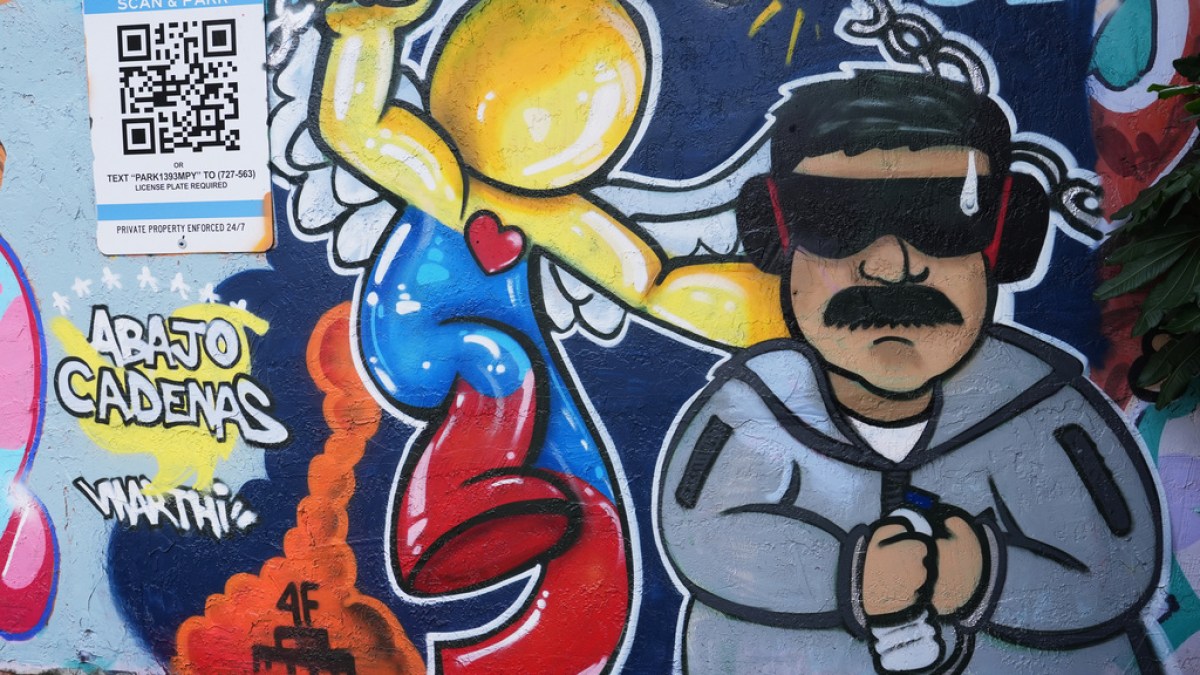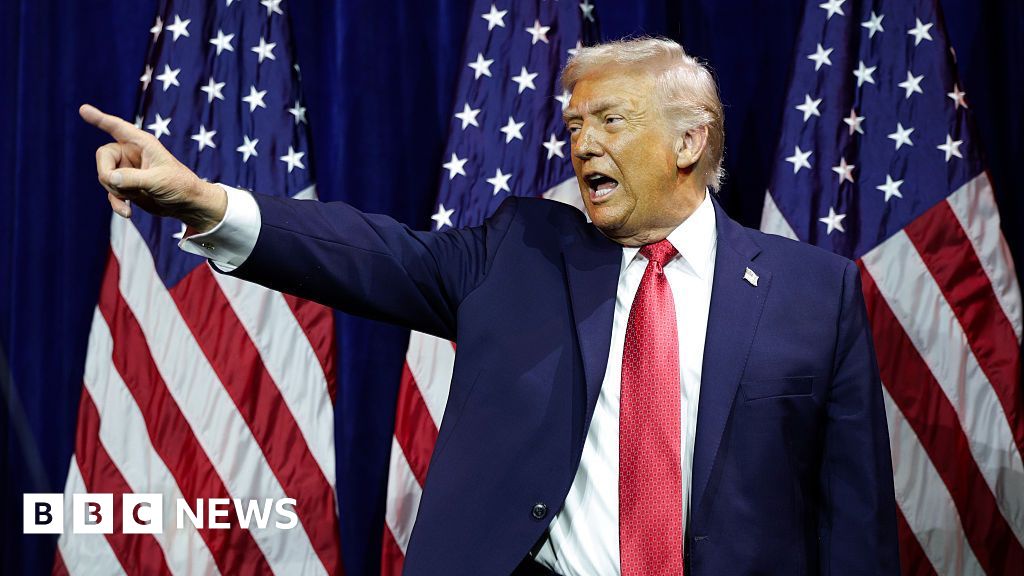
Anthony Mullally: The remote retreats shaping men and medal prospects
- International
- November 22, 2023
- No Comment
- 414

Sign up for notifications to the latest Insight features via the BBC Sport app and find the most recent in the series.
“If we’re lucky we might get to swim with some seals.”
It’s 7:30am on a wet September morning in Newquay and the sea is rough after stormy weather.
Former Leeds Rhinos and Ireland rugby league player Anthony Mullally is unfazed as he jumps into the swell at a spot favoured by fishermen for its deep water, called Fly Cellars.
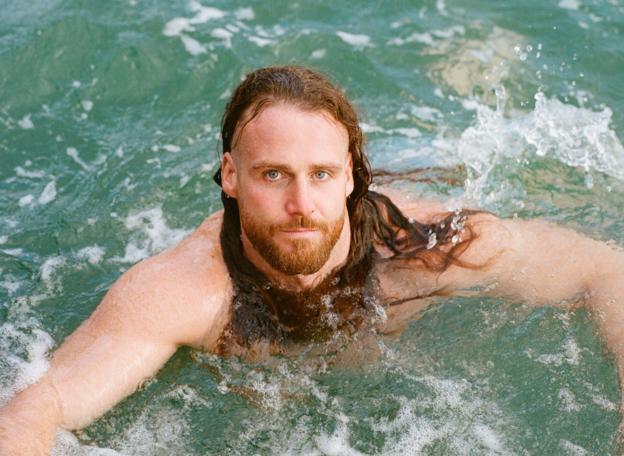
Wild swimming became part of life for Mullally, 32, after stepping away from top-flight rugby and moving to north Cornwall in 2020. Cold water exposure, alongside breathwork and physical activities like jiu-jitsu, make up core elements of rural retreats that Mullally has founded since retirement, to support communities of men as they re-examine ideas of masculinity.
Breathwork is also central to Mullally’s other work as a high performance coach to athletes, including taekwondo’s Aaliyah Powell, who is a three-time world bronze medallist and preparing to compete for Great Britain at the Paris 2024 Olympics.
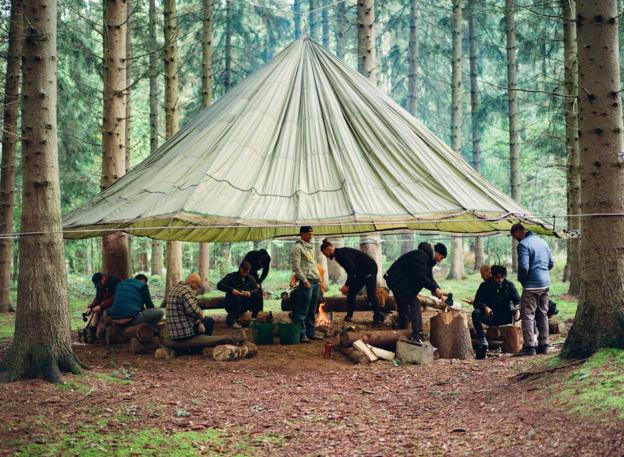
Mullally’s journey towards this new outlook began just after the high point of his playing career. In 2017, he experienced a decline in motivation despite realising a childhood dream and winning the Super League Grand Final in front of 74,000 people at Old Trafford.
“The external achievement and status wasn’t making me happy and it left a big void feeling within me,” he said.
“I remember seeing a sports psychiatrist in 2016 and feeling ashamed when I was speaking to the other boys about it. I’ve gained so many great things from rugby but mental health was seen as something that was wrong with you and best to bottle any emotional stuff.
“For men, there is a real fear of being weak. It’s the biggest driver of shame in men. Vulnerability can be confused for weakness. Being called ‘soft’ was the worst feeling.”
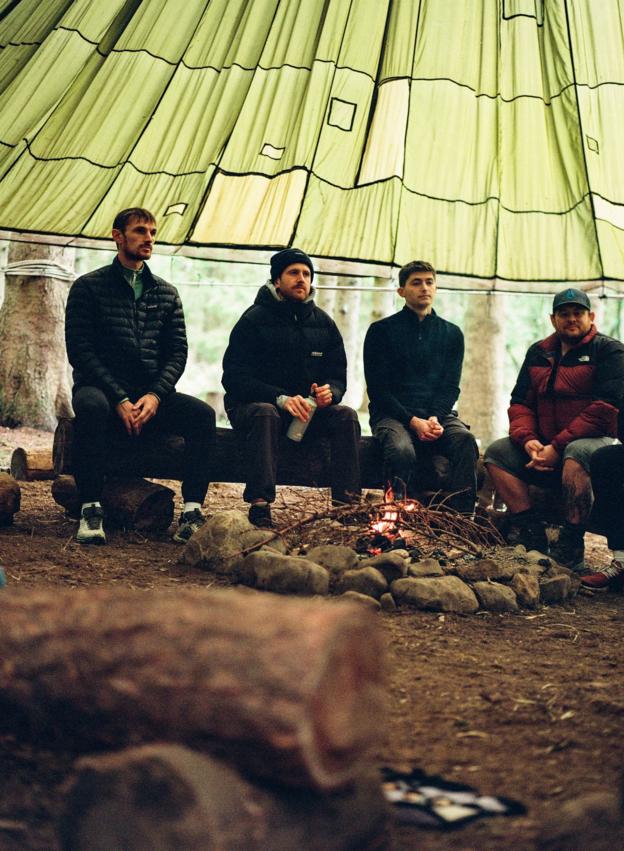
Towards the end of his career, Mullally played for Canadian side Toronto Wolfpack but the team’s time in Super League ended during the Covid-19 pandemic. It was the catalyst for retirement and a move to Newquay for a different life by the sea.
In the past three years, Mullally has established men’s retreats in Cornwall, Yorkshire, Sweden, Spain with partner Josh Bolding. And there are plans to take them to California.
“I started to delve into breathwork and mindfulness because I felt inauthentic,” said Mullaly. “I was partying too much, I was fighting and nearly went to prison at one point. I wanted to be seen as the tough guy.
“I didn’t have a father figure as a positive male role model to show me what it means to be a man. What comes to mind with stereotypical masculinity is being a hard man and I needed to reframe that.”
The retreats, he explained, came from observing unhealthy behaviours in himself and others.
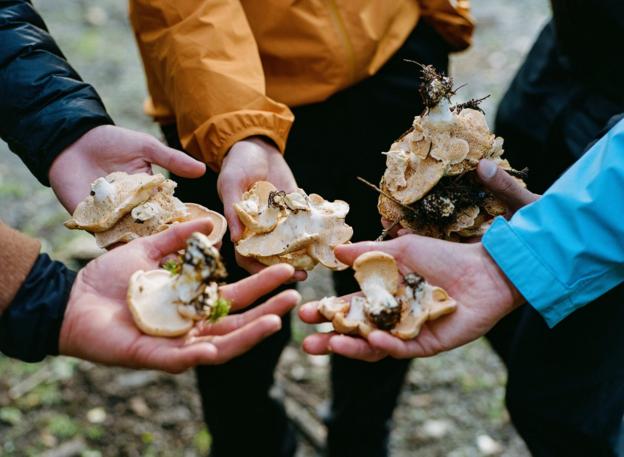
It is mushroom season at one of the autumn men’s retreats in North Yorkshire. Twelve men have come together to spend three days living in pared-back, communal accommodation in the sprawling pine forests of the Camp Hill Estate, to re-engage with themselves and nature.
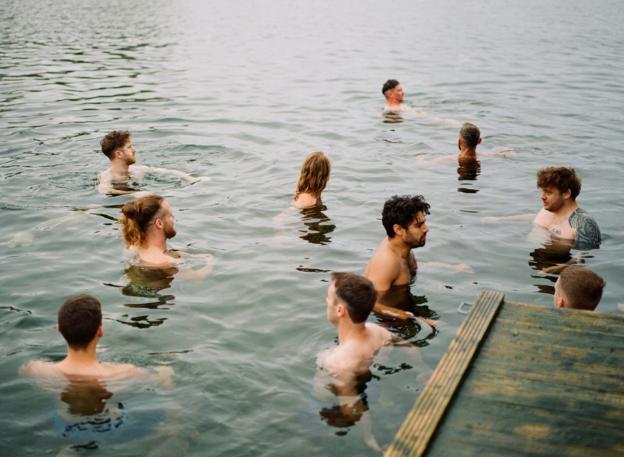
Over the course of a long weekend, the group will explore what masculinity means to them, through various activities including sharing personal stories around a fire circle, learning breathwork for emotional release, strengthening their physical relationship through jiu-jitsu and building resilience with the hot and cold exposure of wild swimming and sauna.
“This is a space for men to connect to different parts of themselves,” said Bolding. “That incorporates all elements and archetypes of being a man, from an interest in physical pursuits to looking to connect more with creativity.”
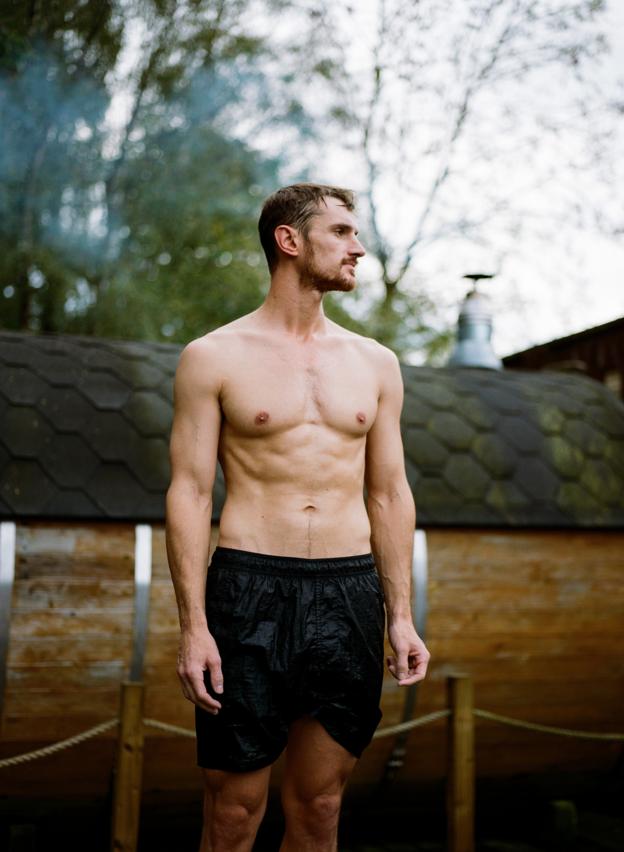
Thomas Chalk, 37, who has played rugby in both union and league for Saracens academy and Bedford Tigers, is part of the group. He describes his formative years in male dressing rooms as often adversarial and competitive. His later struggles with stress, anxiety and depression due to various factors have led him to the retreat.
“It is a supportive, open and honest space between men that I have not experienced before. There is a collective understanding between us,” he said.
“Masculinity can be understood as having to be stoic, standing up and carrying on even if you feel sad, depressed and upset. What you end up with, even though you want to cry sometimes, is you do it by yourself.”
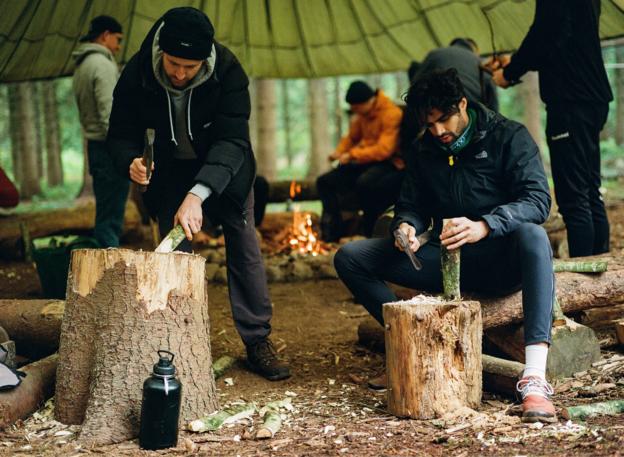
“Someone in the group was talking about being more gentle with his family,” he added.
“That word stuck in my mind. When I was feeling sad and down, it was surfacing as anger and I wasn’t showing up for my family. I realised it doesn’t always need to be anger.”
Throughout the day the men share, learn and bond together as they swim, forage on group walks in the woods and carve wooden spoons out of logs under a parachute.
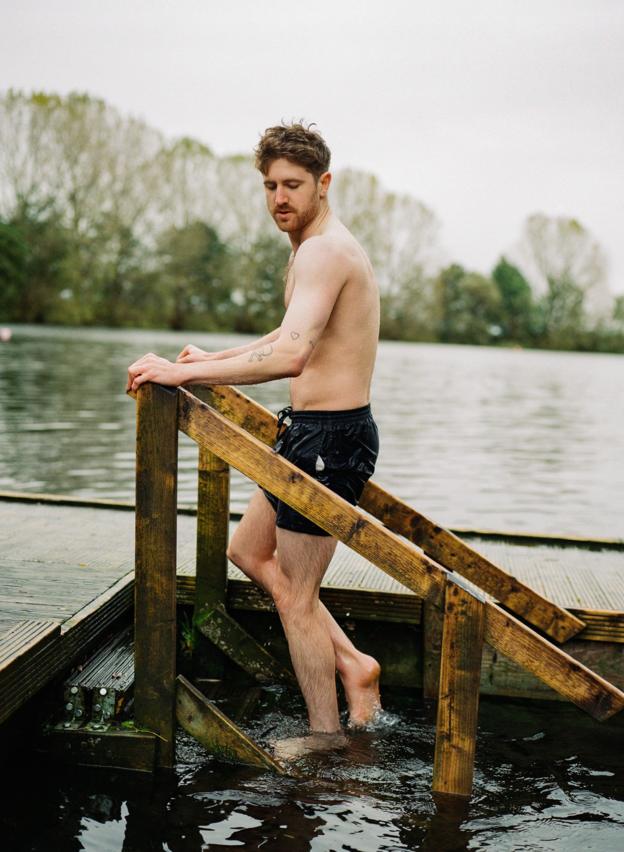
Alex Platt, 33, said the retreat had made him consider how he could live life better as a man rooted in compassion and service to others, particularly with his young nieces, godsons, wife and friends.
Rugby league professional Joe Keyes, 28, of the Halifax Panthers, also attended the retreat and echoed Mullally’s experiences in rugby, with its lean towards drinking cultures and masculinity associated with “being tough”.
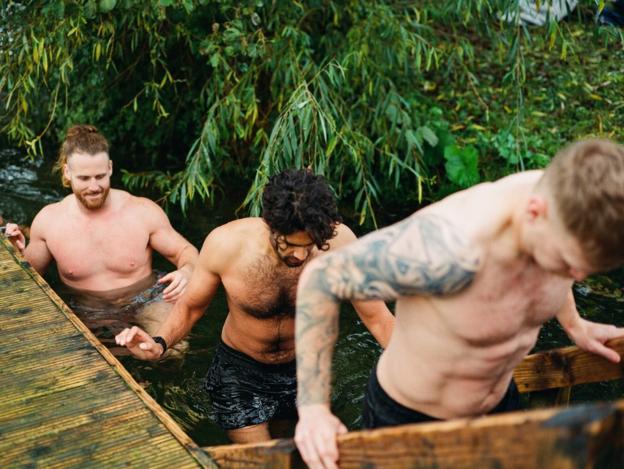
“Back in the day, it was a case of bottling it up and cracking on. But opening up about your feelings shows great resilience and strength. Men who are talking this way in environments where it’s not the norm show bravery,” Keyes said.
“At the retreat, I felt so comfortable around a bunch of men I’d never met before. That was a special feeling.”
Keyes said the breathwork techniques particularly would help him to be more present and balanced in his day-to-day life and on the field.
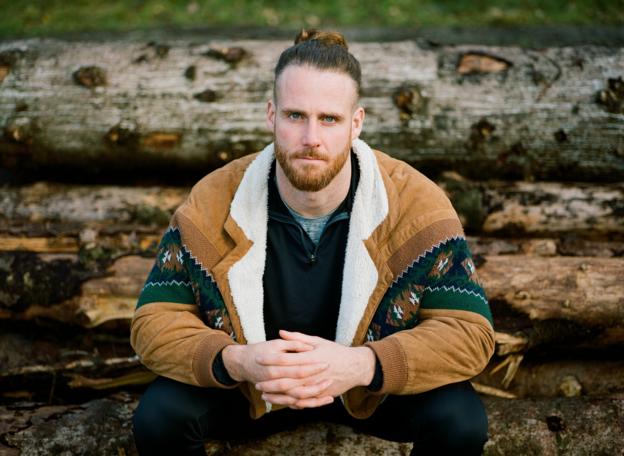
Mullally is also helping Team GB in the run-up to the Paris 2024 Olympics. In addition to the men’s retreats, he works as a high performance coach to professional athletes, including 21-year-old Powell, GB Surfing and the Skateboard GB team.
The coaching focuses on mindfulness and breathwork to overcome issues around poor breathing, stress and anxiety that can hinder performance.
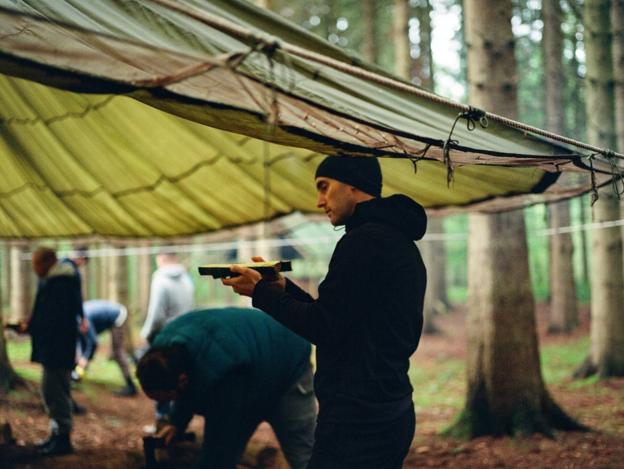
Powell uses Mullally’s breathwork before and after fights to recover and stay in control of emotions.
Powell, who fights in the same weight category as Great Britain’s two-time Olympic champion Jade Jones, said: “I’m always looking for how I can take control of the match and get the fight on my terms.
“You can’t do this without being able to control yourself and your emotions. Anthony’s support is helping me to do that and that’s the biggest competitive edge I can have in the run-up to the Olympics.
“I use his control breathing techniques to slow my breathing down. It helps to calm my central nervous system, so I don’t go into a panic state, start to shorten my breath or overthink.
“As a fighter I prefer to feel relaxed – that’s when I fight the best and these techniques help me to do that.”
Powell added that Mullally’s techniques were important in maximising the minute of rest in between rounds to slow heart rate and recover as quickly as possible.
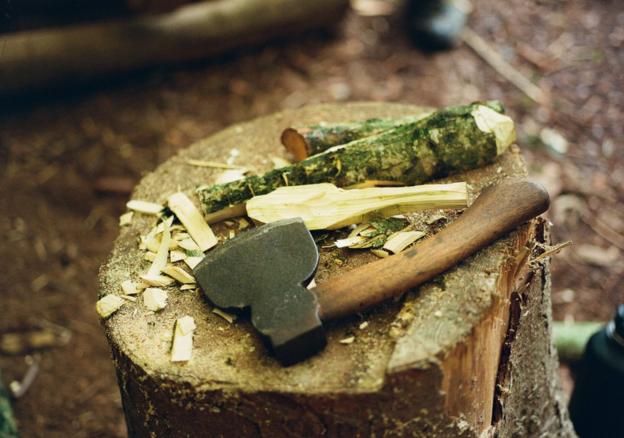
Mullally is also considering a future in sports psychology. He says this would be a way for him to stay in the game and support younger athletes.
Asked if he was proud of the space he had created for men, he responded: “It’s not me, it’s the group that sets the space. There is no top of the table and everyone is equal.
“We are just supporting men to change their own lives.”
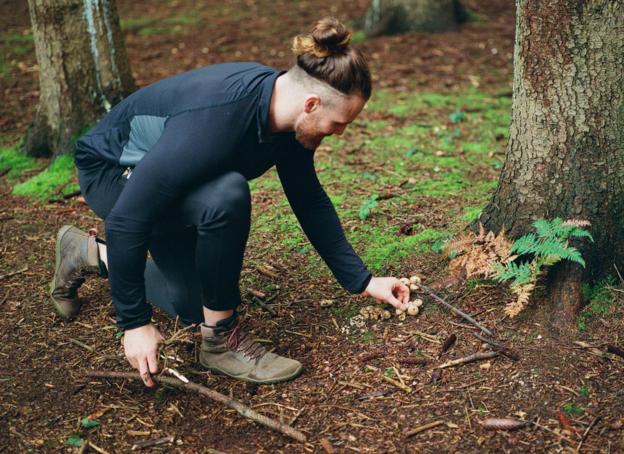
#Anthony #Mullally #remote #retreats #shaping #men #medal #prospects


